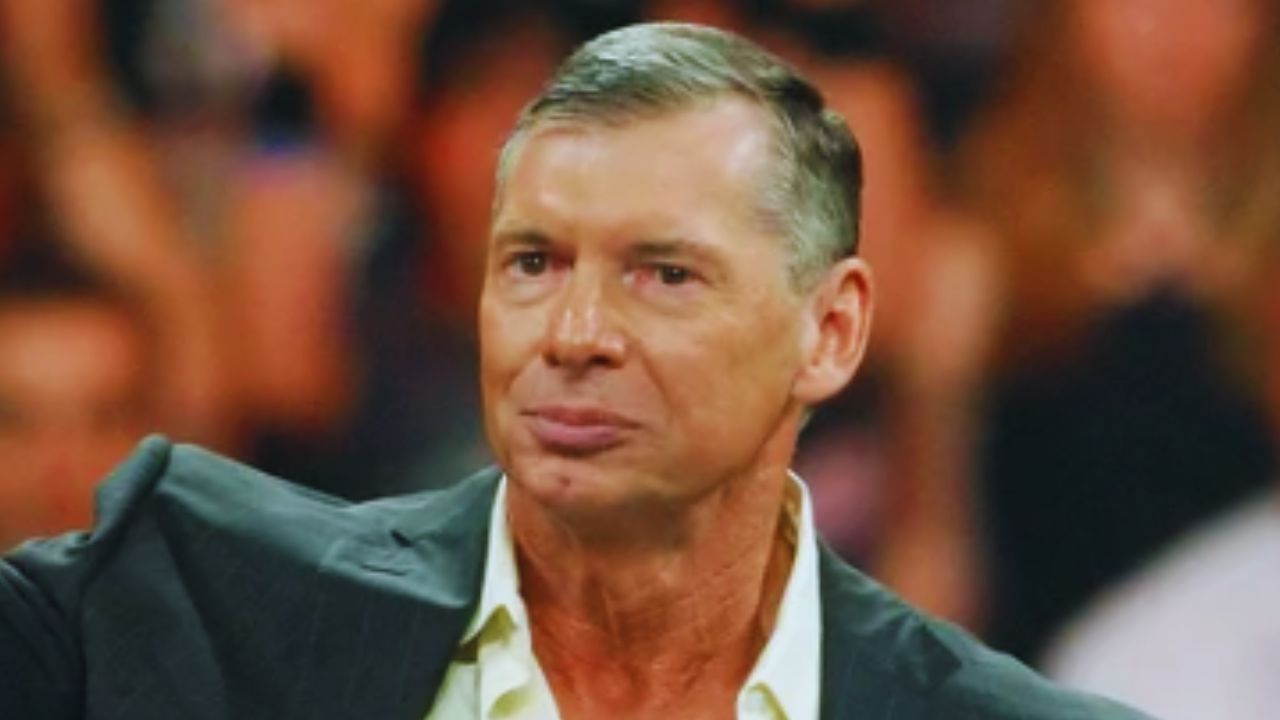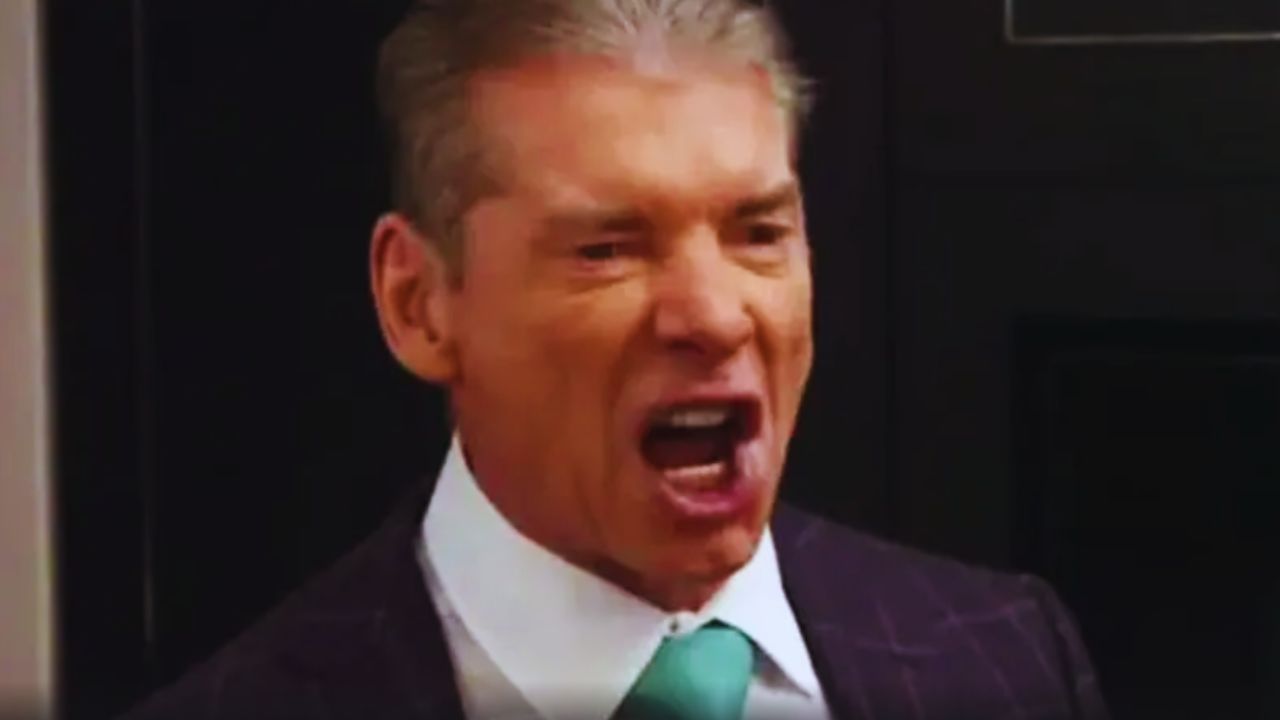Vince McMahon’s Emotional Reaction to Hulk Hogan’s Move to WCW: Bruce Prichard’s Revelations
In a unprecedented and revealing episode of the popular wrestling podcast “Something To Wrestle,” WWE govt Bruce Prichard pulled lower back the curtain on one of the most enormous moments in expert wrestling history: Hulk Hogan’s stunning departure from WWE to WCW in 1994. This wasn’t just every other enterprise decision; in line with Prichard, it was deeply private for both Vince McMahon and Hulk Hogan—a second that could all the time regulate the panorama of the wrestling world.
Prichard, an established confidant of McMahon and a key figure backstage at WWE, furnished an insider’s attitude on how intently WWE became watching Hogan’s each circulate on the time. He mentioned that WWE became acutely aware of Hogan’s capability to revolutionize WCW and turn out to be a formidable force within the enterprise, a fact that changed into all too real for McMahon and his group.
“We were definitely aware of Hulk being in WCW because we didn’t know if he was going to come back for us or go to them,” Prichard recalled with a tone that suggested the tension of that period still resonates today. “He obviously went to them, and we were definitely aware of it and felt that if there was anybody that could help turn the tide for WCW, it was Hulk.”
Hogan’s circulate to WCW changed into visible as a huge danger, however Prichard also mentioned that Hogan’s initial impact at WCW was underwhelming, a shocking revelation considering his stature as one among the largest stars in wrestling records.
“His initial foray into WCW sure as hell wasn’t what they expected…. He didn’t do anything for their business at first,” Prichard stated, adding a layer of complexity to Hogan’s journey in WCW. While the move was significant from a branding perspective, with WCW finally having a marquee name to merchandise, Hogan’s early days at WCW did not immediately translate into the seismic shift many had anticipated.

However, it was Vince McMahon’s non-public response to Hogan’s departure that Prichard described as the most compelling factor of the tale. According to Prichard, McMahon felt deeply betrayed by means of Hogan, a sentiment that Hogan seemingly shared, making the split more than just a enterprise contention—it changed into personal.
“It was very personal. I think it was personal to both guys,” Prichard revealed, his voice laden with the weight of this historic moment. “I think Vince felt very betrayed. I think Hogan felt very betrayed. I think they both blamed the other. They needed each other, and neither one wanted to admit that.”
The WWE universe has always visible Hulk Hogan as synonymous with WWE, and this emotional rift among Hogan and McMahon delivered a layer of poignancy to their dating. Prichard’s account suggests that Hogan’s departure became now not only a loss for WWE in terms of talent however a profound emotional blow to McMahon, who had been instrumental in crafting Hogan’s larger-than-life persona.
This revelation sheds new light on the intense rivalry between WWE and WCW in the 1990s, a period often referred to as the “Monday Night Wars.” Hogan’s jump to WCW marked the beginning of a fierce competition that would push both companies to new heights. But behind the glitz and glamour of the wrestling world, Prichard’s story underscores the raw human emotions at play—emotions that shaped the decisions of wrestling’s biggest icons.
Prichard’s insights also highlight the complex relationship between Hogan and McMahon, a relationship built on mutual dependence yet marred by a sense of betrayal. This dynamic would go on to define an era in professional wrestling, where the lines between personal and professional were often blurred.
H/t to 411mania.com




